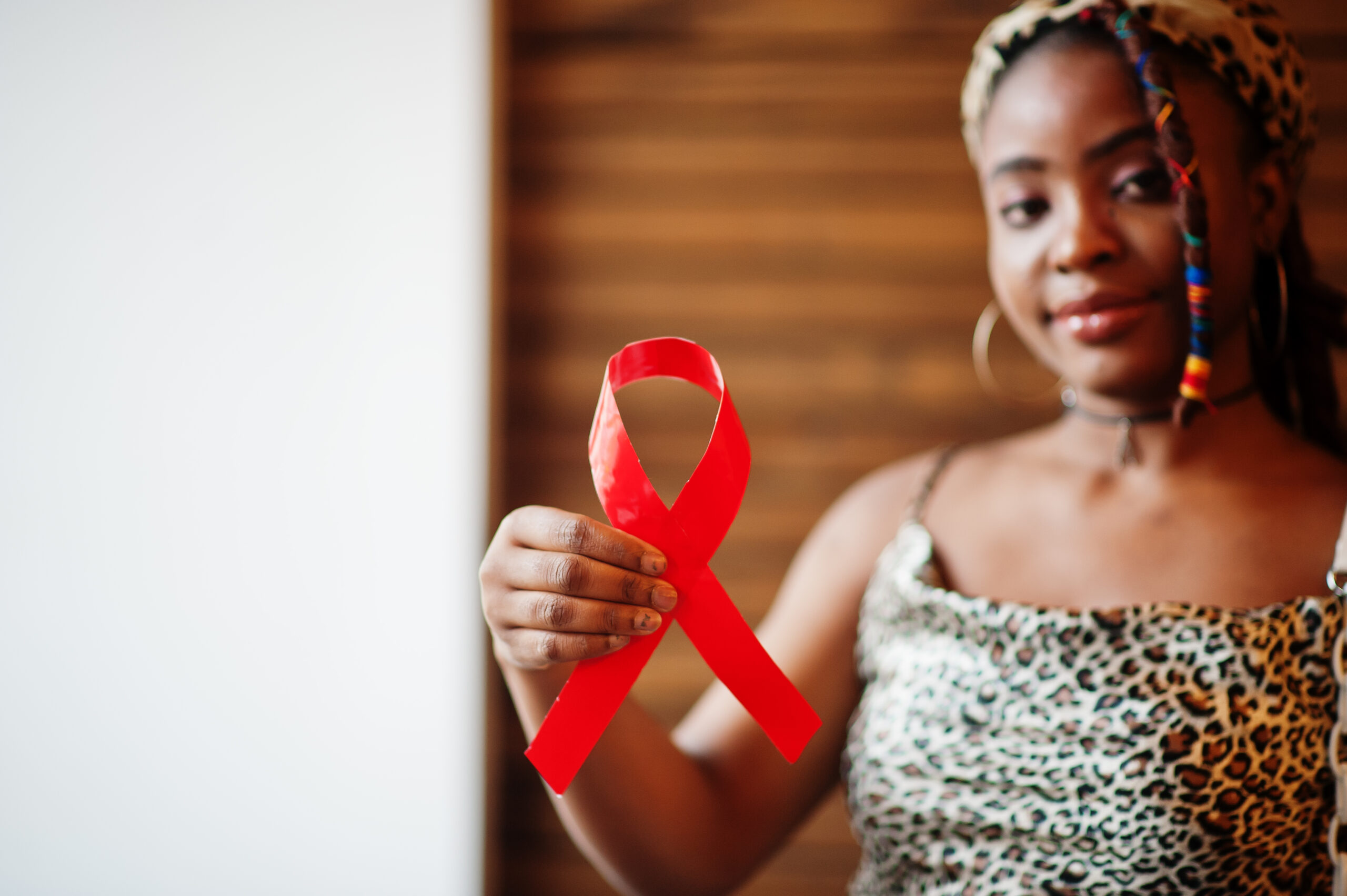
HIV/AIDS CARE
In the District of Columbia, Maryland, and Virginia region, approximately 40% of people living with HIV are not accessing medical care at least twice a year (the basic HIV care guidelines established by U.S. Preventative Services Task Force).
This is a sunset initiative (no longer active).
IPHI’s linkage to and retention in care programs aim to:
- Link people who are not in medical care to a medical home;
- Increase the frequency of medical visits for all people living with HIV/AIDS to meet the recommended guidelines for HIV care; and
- Increase the likelihood that people living with HIV will stay in medical care for a lifetime. This lifetime care is increased by connecting patients to resources to address barriers to using care, increasing HIV literacy, and creating treatment self-efficacy and a self-value of staying in care.
Trained Peers to Complement Conventional Medical and Outreach Strategies
Since the beginning of the HIV epidemic, community health workers (CHWs) have been an essential component of the HIV care and prevention system. In 2011, IPHI developed and managed several broad-scale CHW initiatives to increase HIV care use in the District of Columbia, Northern and Northwest Virginia, West Virginia, and Prince George’s County, Maryland. These interventions have systematized the use of CHWs as integral members of medical and HIV care teams across the region.
CHWs worked at host organizations and in the community to identify individuals who are HIV positive and not receiving HIV medical care. Through these relationships, CHWs have
- Built trust and inform patients about living with HIV;
- Provide personalized assistance to help access medical care; and
- Support throughout the early part of care until they are fully involved.
Through the early intervention and retention in care work, IPHI has had formal partnerships with 18 community and medical organizations and 30+ HIV-specialty CHWs. Nearly 20 of those CHWs are IPHI employees placed at partner sites. Through these programs, the team has reached thousands of regional residents.
CHWs are expected to work closely with clinical and case management staff. This allows CHWs to effectively identify eligible clients and coordinate CHW support services with case managers, nurses or physicians, and other staff. Some CHWs cover non-clinical points of entry, including testing sites and various community-based organizations.
Evaluation
IPHI support also includes evaluation for all projects. The team works with contracted evaluators, often with the support of national evaluation teams, to assess the processes and outcomes of initiatives. IPHI has developed internal data collection systems, policies, and procedures to support the safe collection of confidential data by CHWs by HIPAA standards. IPHI CHWs utilize mobile technology to collect and submit real-time data for processing and analysis.
To learn more about WeConnect, please contact Senior Program Director Christine Stewart at cstewart@institutephi.org or 202.747.3512.
